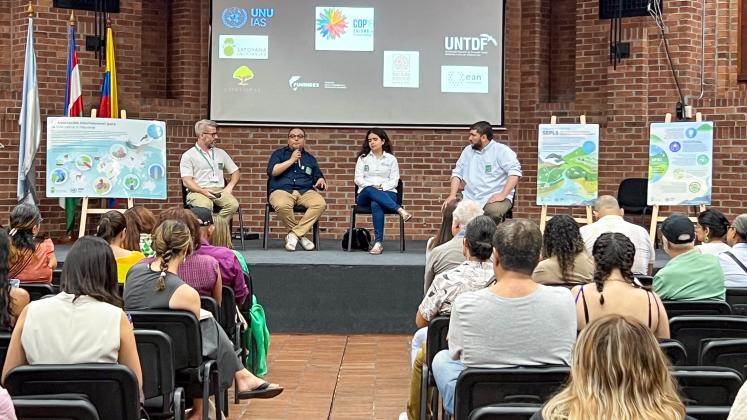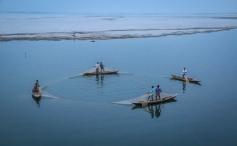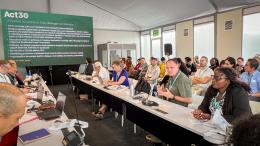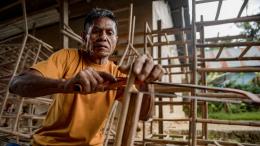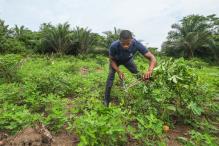On 29 October 2024, UNU-IAS co-hosted a side event of the 2024 UN Biodiversity Conference (CBD COP16) on community-led initiatives in Colombia that promote harmony between people and nature. The session featured experiences and insights from local organizations working to foster biodiversity and sustainable use of resources through landscape approaches – strategies that integrate various land and sea uses, balancing biodiversity conservation with production activities.
Alexandra Franco (Communications Associate, UNU-IAS) introduced the International Partnership for the Satoyama Initiative (IPSI), a global initiative aimed at strengthening socio-ecological production landscapes and seascapes (SEPLS) through landscape approaches to promote biodiversity conservation and enhance community well-being.
Andres Quintero (Executive Director, Corporación Ambiental y Forestal del Pacifico (CORFOPAL)) discussed the opportunities and challenges of landscape approaches in Colombia. Although rich in biodiversity, in recent decades Colombia has faced threats to its ecosystems due to monocultures and landscape mismanagement. Dr. Quintero described the Integrated Management National or Regional District (DRMI) as a model to balance conservation with productive activities. DRMIs enable sustainable resource use while encouraging collaborative management with local communities and regional stakeholders.
A panel discussion shared experiences on the importance of landscape approaches for conflict resolution and peacebuilding. Camilo Alberto Alvarado Ramírez (Associate Researcher, Amazon Institute for Scientific Research (SINCHI)) outlined efforts to promote conservation agreements with Amazonian communities, focusing on sustainable use of forest resources, including cacao, rubber, and açaí.
Angie Patiño Montoya (Ecology Researcher, Fundación para la Investigación y Desarrollo Sostenible (FUNINDES)) spoke about FUNINDES projects to conserve freshwater fish through ornamental fish production, which provides economic opportunities for local communities, and working with local fishers to prevent the introduction and control the population of invasive species.
Highlighting the importance of incorporating landscape approaches into law, Christopher Anderson (Senior Professor, Development and Territory, National University of Tierra Del Fuego) noted that the Cauca River in Colombia has been legally recognized as a victim of armed conflict thanks to a local community petition.
During Q&A, audience members emphasized the key role of community participation and local knowledge in sustainable resource use and landscape management. Panelists reiterated the need for stronger connectivity between communities and governments, noting that while autonomy is essential, communities often require support from governing bodies.

